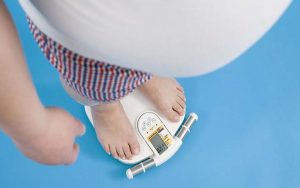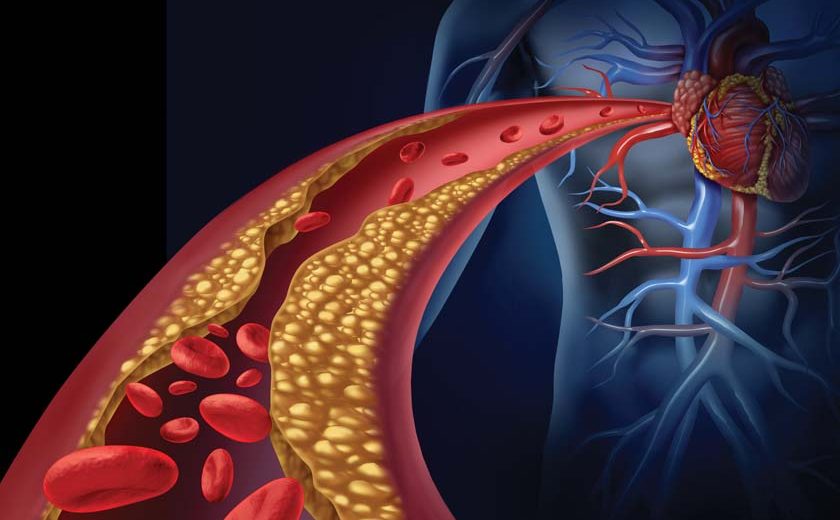Natural Health had the opportunity to catch up with Dr Azani Mohamed Daud, Consultant Cardiologist, Gleneagles Kuala Lumpur, in hopes to acquire some answer on important questions pertaining to cholesterol and its relation to our health in general.
It was well worth the inquiry and here’s what he shared.
NH: Dr Azani, at what point will our cholesterol levels be considered dangerous for our health and are there any physical signs that we can be aware of?
Dr Azani: There is no cholesterol level that we can refer to. In general, the lower the LDL-C (bad cholesterol) level, the lower the risk of cardiovascular events (heart attack, stroke and death). Present research has not identified a low level of LDL cholesterol which is detrimental, even down to the level of 0.2 mmol/L.
Most patients have no demonstrable signs of high cholesterol level. In extreme cases, there might be cholesterol deposit in their eyelids and tendon.

NH: If we are diagnosed with having an issue with cholesterol, what will be the best steps to take to manage our condition?
Dr Azani: Practising a healthy lifestyle such as diet and exercise as well as consulting their doctors for the need of medication. This will depend on individual’s cardiovascular risk.
NH: What are the benefits of early detection when it comes to cholesterol issues and how will it help in addressing the issue?
Dr Azani: It has been shown that a lower bad cholesterol level will reduce the risk of a first cardiovascular event.
Therefore, one should not wait until an event occurs before lowering bad cholesterol levels. It is better to prevent the event in the first place by reducing bad cholesterol levels.
NH: What are the health risks of having high or unhealthy cholesterol levels?
Dr Azani: The risk of a cardiovascular event such as heart attack, stroke or death increases with increasing bad cholesterol levels.

NH: Are the treatments given to patients in our local hospitals adequate enough, and can everyone afford it?
Dr Azani: Statins are very effective in reducing cholesterol levels and they are readily available and relatively affordable in our local setting. The newer PCSK9 inhibitors are much more costly and are to be used in certain groups of patients only.
NH: Can you share with us your own experiences with high cholesterol and what has helped you overcome it?
Dr Azani: 20 years ago, I was obese, pre-diabetic and sedentary, and had allowed work to consume my life. I started exercising regularly, ate healthily, tried to strike a better work-life balance and started taking statins despite my LDL-C being 3.2 mmol/L.
In terms of side effects, I do get muscle aches, but it doesn’t presently stop me cycling 25km daily and up to a 100km at weekends. My kidneys and liver are fine. I haven’t developed diabetes, in fact I am no longer even pre-diabetic. I am more than 30kg lighter. I wouldn’t stop taking statins as I don’t want to be another statistic.
NH: Can you share with us the latest medical R&D that has resulted in more effective ways to manage cholesterol levels, and how they work?
Dr Azani: Statins have been shown to be extremely effective in lowering LDL cholesterol levels and reducing cardiovascular events, both in patients who already have established cardiovascular disease and those who do not.
The newer PCSK9 inhibitors have been shown to further reduce LDL cholesterol level in patients who are already on statins. However, these studies have only been conducted as additional therapy to statins and confined to patients who already have established cardiovascular disease. It remains to be seen whether similar benefits will be seen in patients who are unable to tolerate statins or in patients without established cardiovascular disease.
Moreover, the PCSK9 inhibitors are presently very costly and can only be given by injection.
 Q&A with Dr Azani Mohamed Daud
Q&A with Dr Azani Mohamed Daud


